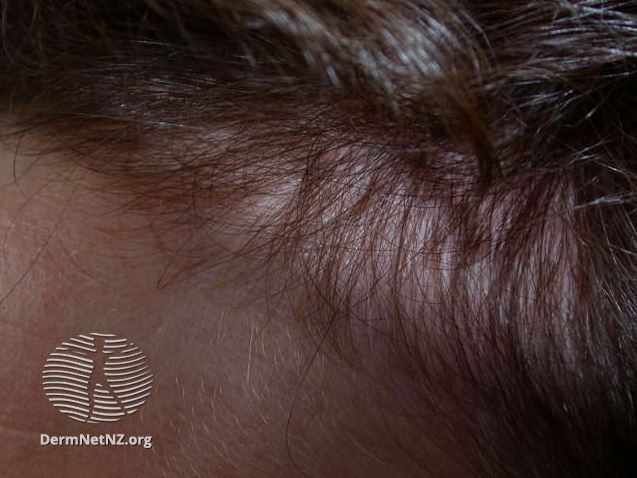It’s a scary thought. In fact, that alone is enough to induce stress.
The trouble with stress is its completely unavoidable, and the more conscious you are of avoiding it, the more stressed you are likely to be. Thankfully however, the stress we experience on a day-to-day basis, such as arriving at work late or missing a train, is not enough to induce hair loss. So that’s one worry out of the way, but profound stress can have a more significant effect.
Any significant event which causes you to lose sleep, change your appetite and raise the level of stress hormones may result in hair loss and prompt the use of a treatment or concealer such as hair fiber.
Stress and the hair cycle
The link between stress and hair loss can be more easily explained by looking at the hair cycle. A normal head of hair will contain anywhere between 120,000-150,000 individual hairs. At anytime 90 percent of these hairs are in the growth phase, growing by approximately half an inch every month. The growth phase lasts for between two to three years, after which point the hair will enter the resting phase. The resting phase lasts for up to four months, before the hair falls out and is replaced by a new one. This process results in normal hair loss of 100 hairs everyday.
Profound stress can have the effect of shifting the body’s routine physiological function, causing a disproportionate number of hairs to enter the resting phase at the same time. In three or four months, when these hairs are shed, the result can be devastating. Fortunately, the effect is only temporary, and with the aid of a hair loss concealant such as hair fiber in the meantime, your hair should soon be back to its lustrous self before too long.
Telogen effluvium
As yet, very little research has been carried out into telogen effluvium, despite its position as the second most common cause of hair loss. In essence, telogen effluvium is a shift in the hair follices’ growth cycle which may result from an increase in stress. If too many hairs enter the telogen (resting) phase at any one time, significant shedding will result.
Alopecia areata
Alopecia areata is an autoimmune disease which affects between 1 in 1,000 people at some point in their life, most commonly during their teenage and childhood years. The symptoms of alopecia areata are patches of baldness, and in some cases total baldness, which stems from the immune system mistaking and attacking parts of the body it believes to be foreign, such as the hair follicles. This causes white blood cells to gather around the affected hair roots, which become weak and soon fall out. In the majority of cases the hair loss is temporary; however, in some, hair loss can be permanent.
Trichotillomania
Trichotillomania sufferers feel an urge to pull their hair out, and experience a growing tension until they do. Medical professionals are still unsure what causes trichotillomania. While some experts theorise that hair pulling is a type of addiction, others believe it is a reflection of mental health, and may be a method of relieving stress and anxiety.
As with any form of hair loss, trichotillomania leaves sufferers feeling unattractive and under confident. Thankfully, until treatment is successful, sufferers can boost their self-esteem with keratin hair fiber which creates the appearance of a full head of hair.








